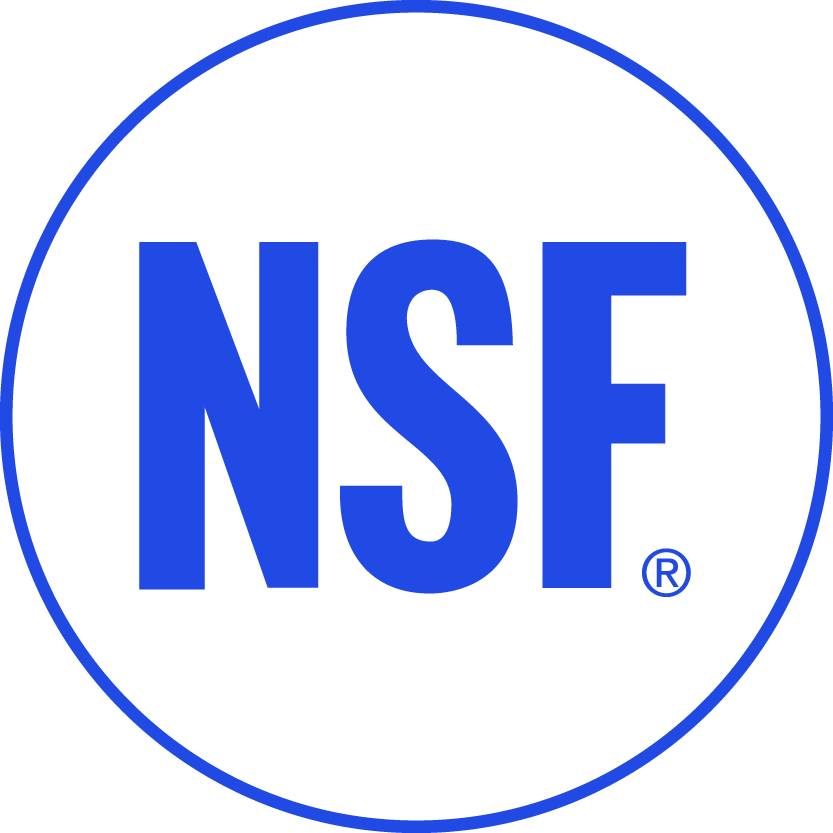Half of Belgians Find Food Labels Inadequate, NSF Study Reveals
Groundbreaking research highlights critical gaps in food labeling and emphasizes the need for industry-wide improvements.

Brussels, Belgium – A comprehensive study conducted by NSF, a global leader in food safety and quality, has revealed that only 50% of Belgian consumers believe current food labels provide sufficient information to make informed food choices. This finding comes as part of a broader research initiative that surveyed 1,000 Belgian adults, shedding light on the critical role of food labeling in shaping consumer decisions and promoting public health in Belgium.
Katie Glover, Manager of Regulatory Affairs and Trading Law, EMEA at NSF, commented on the findings: “This research underscores a significant gap between consumer expectations and current labeling practices. It’s clear that the food industry must take decisive action to enhance transparency and comprehensiveness in food labeling to meet the evolving needs of Belgian consumers.”
Key findings from the NSF study include:
- 73% of Belgian adults read food labels before making a purchase decision, with this figure rising to 83% among 18-34-year-olds.
- 75% of respondents consider more detailed allergen information the most valuable addition to food labels, followed by comprehensive processing information (72%).
- 47% of Belgian consumers are willing to pay more for products with comprehensive and transparent labeling, with an average premium of 10-12%.
- Only 38% of respondents believe current labels adequately address sustainability concerns, highlighting a significant gap in consumer expectations.
- 65% of consumers consider environmental impact scores a useful addition to food labeling, reflecting growing sustainability concerns.
While these gaps present challenges to the food industry, they also offer significant opportunities for innovation, relevance, and growth. As the Belgian food landscape continues to evolve to cater to consumers who are increasingly motivated by personal health concerns and broader environmental considerations, food manufacturers must address this call for greater transparency.
Glover added: “The fact that half of Belgian consumers feel inadequately informed by current food labels is a clear call to action for the industry. By prioritizing clarity, standardization, and transparency in food labeling, we can empower consumers to make more informed decisions about their food choices. This not only contributes to better public health outcomes but also fosters a more sustainable food system and builds greater trust between food manufacturers and the Belgian public.”
NSF remains committed to working with the food industry to develop innovative solutions that meet evolving consumer expectations and regulatory requirements.
About NSF
NSF is an independent, global services organization dedicated to improving human and planet health for more than 80 years by developing public health standards and providing world-class testing, inspection, certification, advisory services and digital solutions to the food, nutrition, water, life sciences and consumer goods industries. NSF serves 40,000 clients in 110 countries and is a World Health Organization (WHO) Collaborating Center on Food Safety, Water Quality and Medical Device Safety.
About the research
The independent research was conducted by Opinium Research between 11-18 October 2024 with 1,000 Belgian adults, weighted to be nationally representative.










